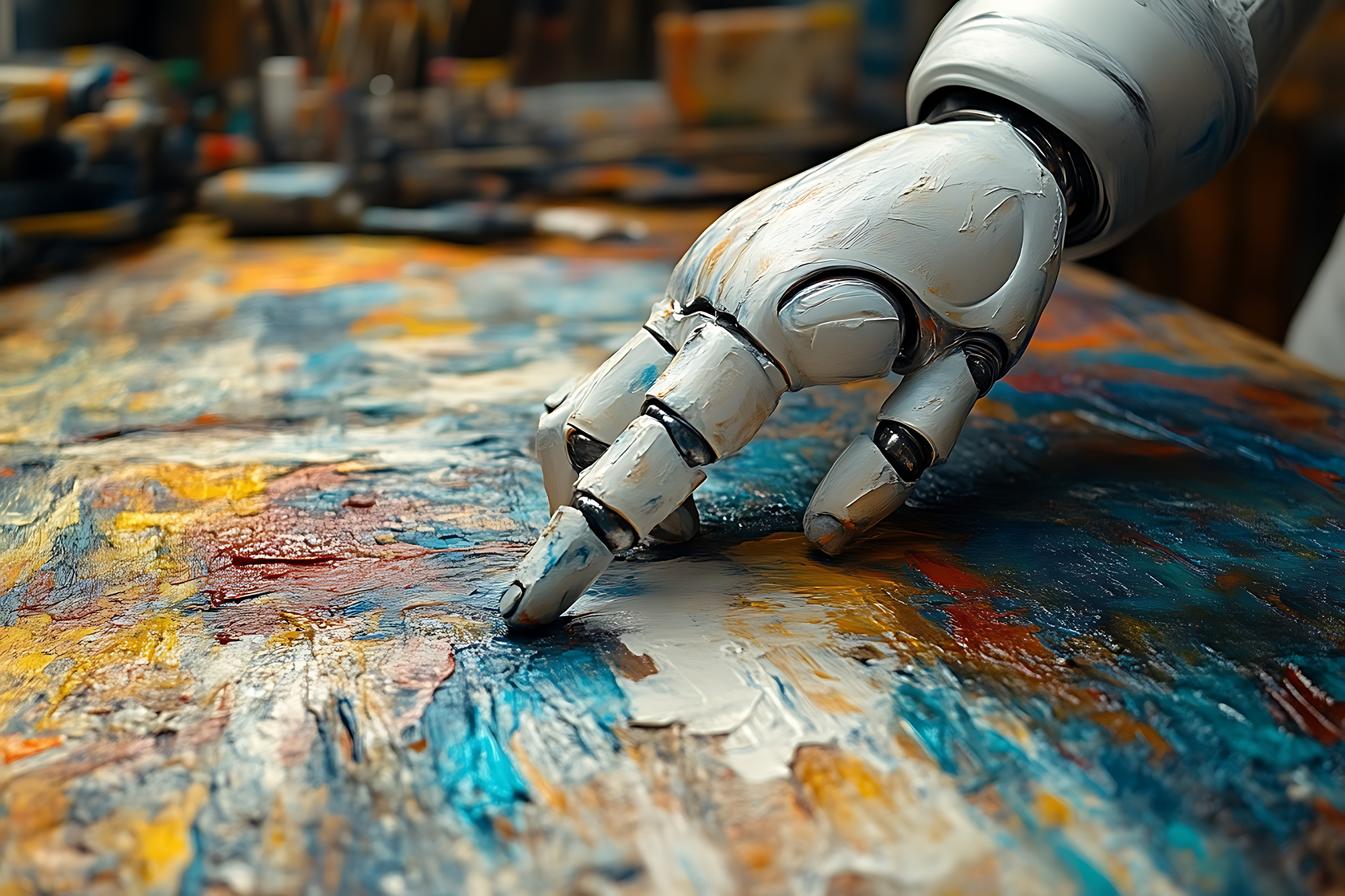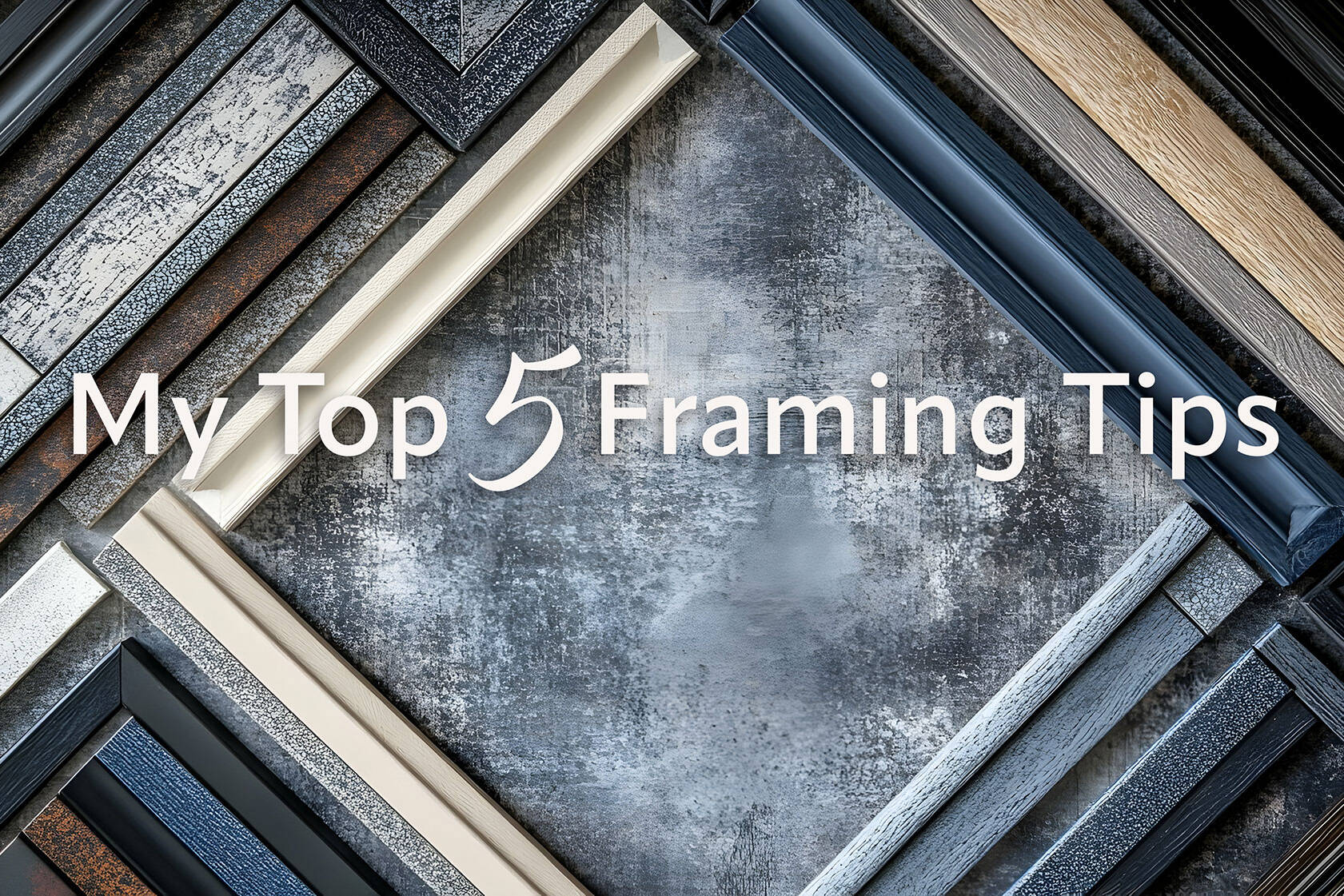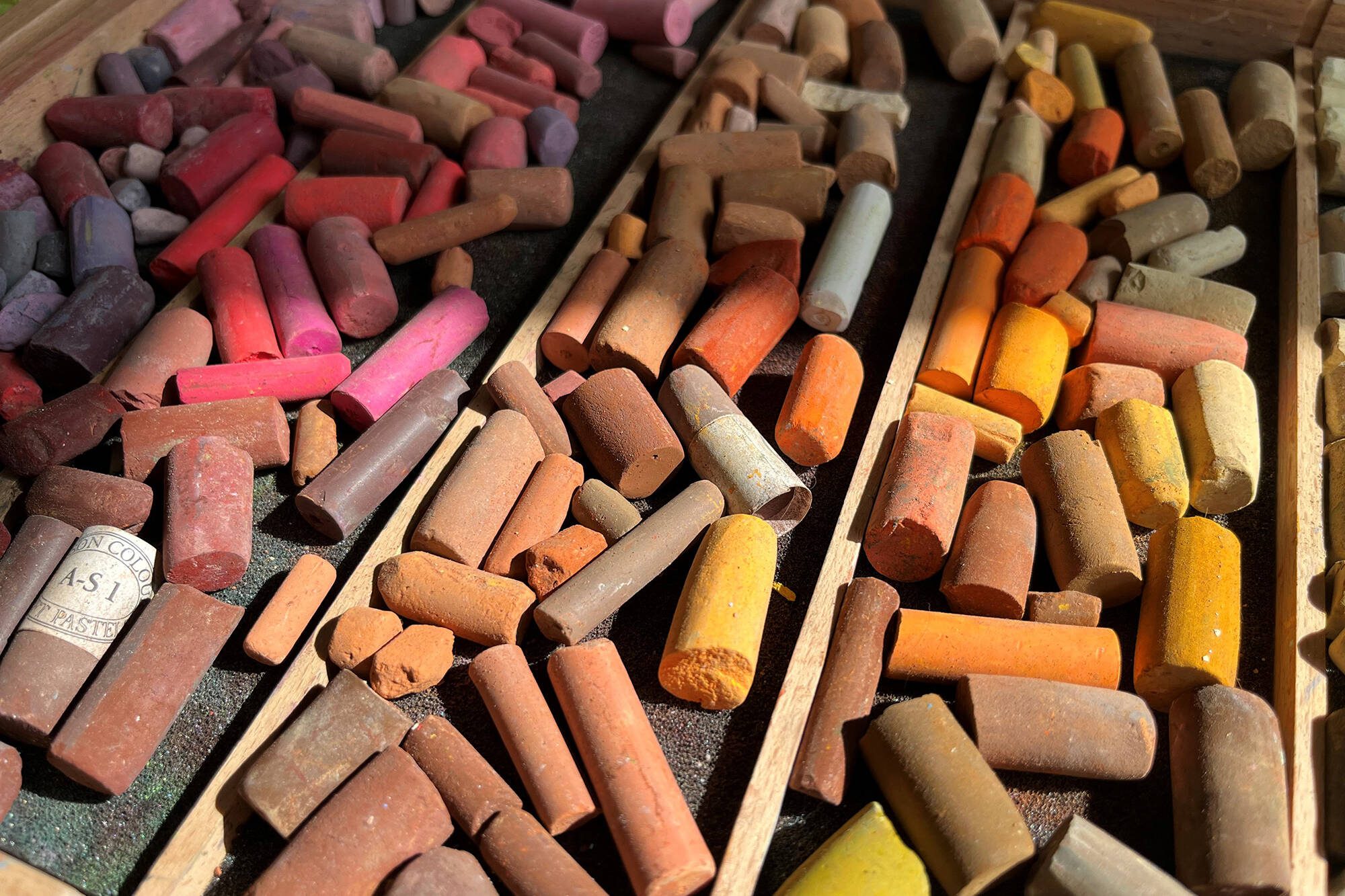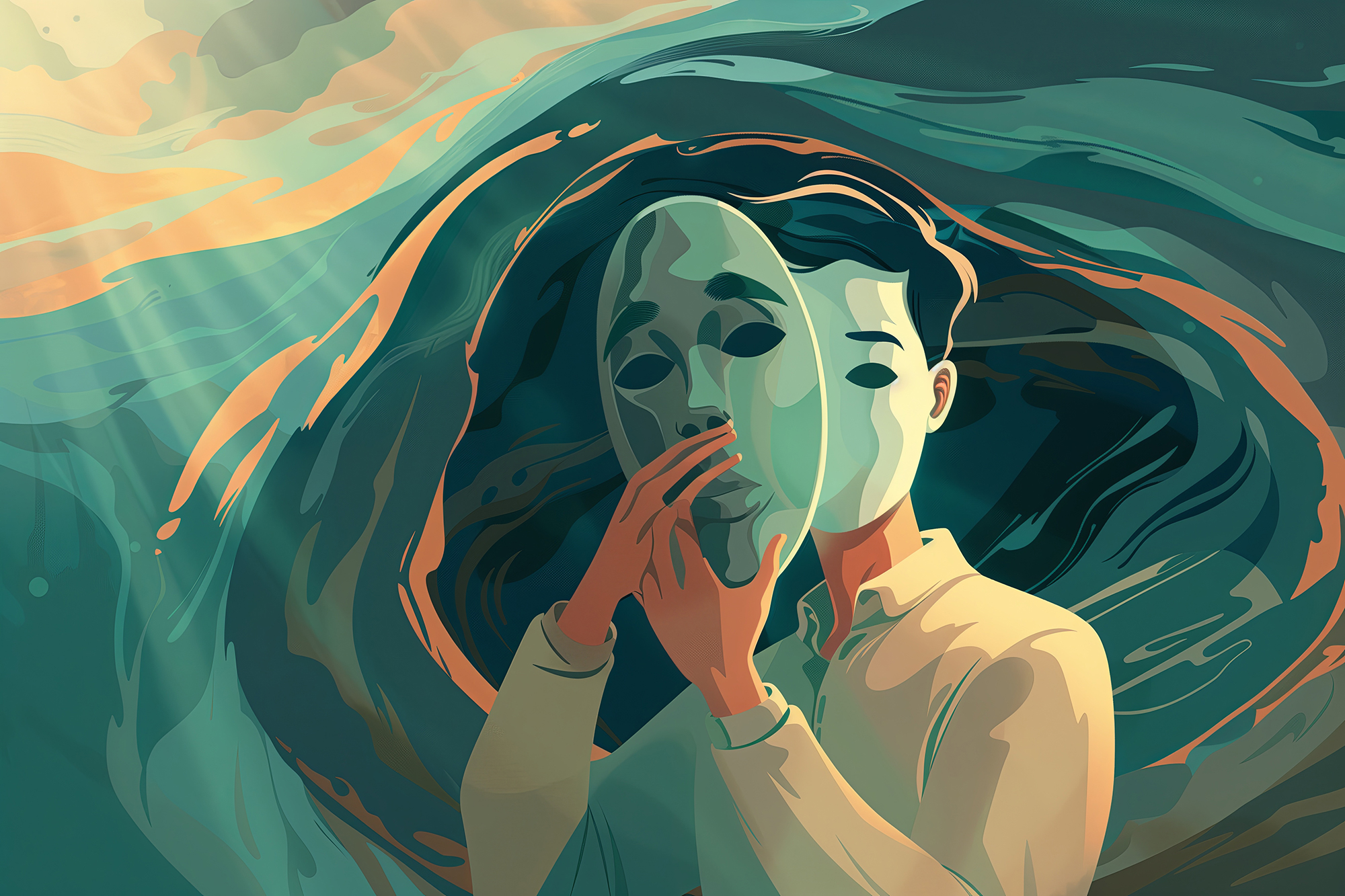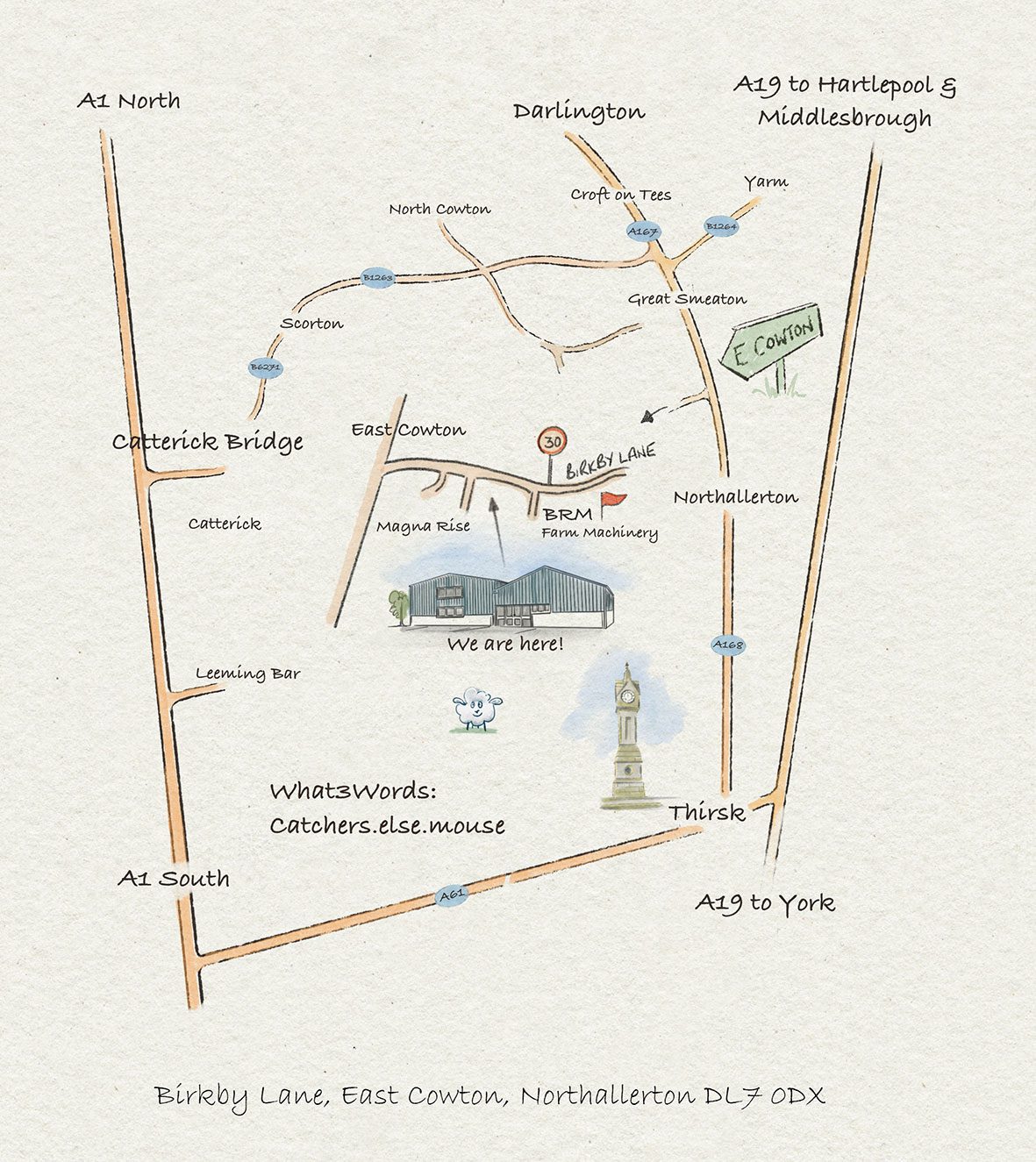Here’s a truth that might surprise you: creativity begins not with talent, but with belief. The moment you allow yourself to imagine that you are creative, you shift something fundamental inside you. You stop waiting for permission, and you start exploring.
This isn’t just motivational fluff – it’s backed by psychology. Studies show that people who believe they’re creative are more likely to engage in creative tasks, persevere through challenges, and generate novel ideas. Simply believing you’re creative can make you more so.
“I am an artist – I am here to live out loud” – Émile Zola
The biggest myth about creativity is that it requires the gift of talent. If it doesn’t flow naturally from within us, we assume we’re just not “creative enough.” But ask any artist, writer, or designer, and they’ll tell you—creativity is messy, repetitive, and often incredibly frustrating. What makes someone creative isn’t the spark of brilliance, but the willingness to endure – to just keep showing up.
Imagine yourself as someone beginning a creative project, something small perhaps; a quick doodle or sketch, a paragraph of prose or poetry, deliberating on a new idea or concept, or simply seeing something (or someone) from a new perspective. In short an intentional openness to the world, while suspending any criticism or evaluation of what you create. You are now officially a beginner – with a beginners mindset, a point that many accomplished artists wish they could return to!
The beginner’s mindset comes from a Zen concept called “Shoshin,” which means approaching life with openness, eagerness, and a lack of preconceptions – even when you’re already experienced. In other words: you strive to be a beginner, even if you’re not one.
When you have this mindset, you’re not worried about looking smart. You’re more interested in exploration, discovery, asking questions, trying new things, and perhaps above all you see opportunities instead of obstacles in your learning experience.
How to Practice the Beginner’s MindsetAsk more questions. Especially basic fundamental questions.Be open to feedback. This should feel like a conversation between you and your creative project.Let go of being right. Focus on being open, learning not winning.Try something completely new. We are numbed by comfort, push yourself into a new space.Stay curious. Imagine how a child would respond to what you see and feel.
A beginners mindset is not false modesty, or contrived humility – it’s possibly the most powerful attribute you can cultivate in enhancing your creativity.
As a final thought, you don’t need credentials to be creative. You don’t need a studio, or fancy tools, or a certain personality type. You just need a willingness to imagine that your voice, your vision, and your version of the world are worth expressing. And they are.
As the saying goes you attract what you project, so go ahead – imagine yourself creative; surround yourself with like minded people, and watch what happens next.
JNA Imagine Yourself Creative – Workshops & Courses are structured around a cultivating a beginners mindset to creating & making. Find out more [here].
Related Posts
Me, Myself & AI – Art in An Artificial Age
Sticky
Artificial Intelligence - is it just another over-hyped technology which once…
Framing Made Easy(er) – My Top 5 Framing Tips
Over the years, I’ve noticed the same questions and challenges come up again…
These are a few of my favourite (art) things – wrapped up in brown paper and string. Pt 1.
There’s something undeniably lovely about brown paper and string. Maybe it’s…
Impostor Syndrome and the Quiet Rebellion of Creativity
It's hard not to find yourself nodding in sympathy when you hear tales of…

